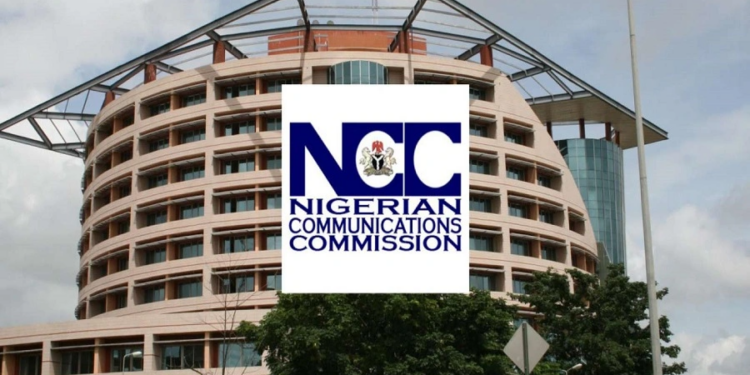The Nigerian Communications Commission(NCC) and stakeholders in the telecommunications industry have mapped out strategies to tackle Nigeria’s poor ranking on Network Readiness Index(Index), which is said to be 109th position out of 131 countries in the world.
This was the crux of a two-day forum for emerging technologies for the telecoms industry, which ended in Abuja on Friday with the theme “ Contextualising the Network Readiness Index for Nigerian Telecommunications Industry “.
The executive vice chairman of the NCC, Professor Garba Danbatta, in his address noted that although Nigeria now ranked as the eleventh in the world in terms of Internet penetration and seventh in terms of mobile phone usage, the NRI ranking raises concerns considering the status of Nigeria in the global telecoms landscape.
Prof Danbatta described Nigeria as African continent telecommunications powerhouse with 82 percent of the continent’s telecoms subscribers and 29 percent of internet consumptions.
Represented at the event by the Director of Spectrum Administration at the NCC, Engr Abraham Osadami, the NCC boss said Nigeria would need to expand its telecommunications infrastructures to attain appropriate ranking.
Danbatta said:” Nigeria is a telecommunications powerhouse, with 82% of the continent’s telecom subscribers and 29% of the continent’s internet consumption. Our nation rates eleventh globally in terms of internet penetration and seventh in terms of mobile phone usage.
“ Despite these remarkable metrics, the fact that our Network Readiness Index (NRI) ranking for 2022 is 109th out of 131 countries is both humbling and challenging.
“The NRI is a guiding metric that measures the role and impact of Information and Communication Technology (ICT).
“ It explores the performances of 131 economies in four key categories: technology (infrastructure), governance, people, and impact. As agents of social and economic transformation in our nation, prioritizing network readiness is not only a strategic necessity but a mandate.”
He stressed the significance of the Forum, adding that the surge in data utilisation, the proliferation of the Internet of Things (IoT), the advent of artificial intelligence, and the emergence of cutting-edge technologies necessitated the urgent need for ongoing network surveillance and expansion.
“To navigate this era of transformation, we must embrace innovation, make strategic investments, and cultivate a growth-friendly ecosystem” he added.
The EVC said even though the industry has achieved remarkable growth in the past two decades, more investments would be needed to upscale the performance of the industry and meet the expectations of the citizens.
He lauded the capacity of stakeholders at the forum to engage in thought-provoking discussions and tap from the resources and presentations of renowned professionals in the technology landscape for maximum results.
“As we convene here today, the innovation symphony resonates with our common goals. The Emerging Technology Forum acts as a beacon, directing us towards the intersection of transformation and advancement.
“This forum is where we bridge the divide between aspiration and achievement. Through spirited dialogues, collaborative exchanges, and the exploration of emerging technologies, we move closer to our vision of a fully interconnected, telecommunications-driven Nigeria”, Danbatta said.
In his keynote address entitled “ From Global Insights To Local Impact: Network Readiness In Nigerian Telecommunication Industry”, Professor Bashir Galadinchi from the Bayero University Kano, said Nigeria needs more investment in the four cardinal pillars, which include; Technology, People, Governance and Impact.
The new NRI framework reflects how technology and people need to be integrated within an effective governance structure to have a positive impact on the Nigerian economy.



